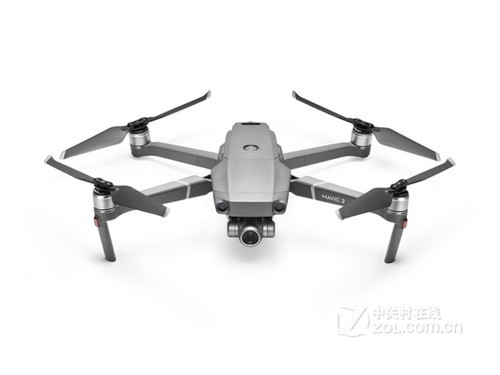In a recent session, the Senate witnessed a contentious debate over a proposed bill aimed at empowering local law enforcement agencies to monitor and track drones. The proposal, which had initially garnered significant support, faced unexpected obstacles that prevented its progression. This article delves into the intricacies of this legislative process, highlighting the factors contributing to the bill’s stagnation. We explore what this means for drone use and regulation in the United States.
The Rising Need for Drone Regulation
The proliferation of commercial and recreational drones has sparked a demand for comprehensive regulatory frameworks. Drones are widely used for delivery services, photography, and even agricultural surveillance. However, their potential misuse poses a significant threat to privacy and safety. Consequently, local law enforcement agencies have been lobbying for greater powers to track these devices, ensuring public safety and security.
The halted senate bill aimed to enable these agencies to harness technological tools to identify and track drones operating within their jurisdiction. The intention was to achieve a balance between encouraging innovation and ensuring security. This regulatory measure was seen as a crucial step in addressing concerns about illegal surveillance and smuggling activities conducted by drones.
Political Differences and Pushback
Despite the apparent benefits, the legislation encountered resistance. Lawmakers opposing the bill raised concerns about privacy infringement and the potential for misuse of tracking data. Civil liberties advocates argued that granting law enforcement unhindered access to tracking capabilities could be exploited, infringing on personal privacy rights. The tension between security objectives and civil liberty protections was palpable, contributing to the bill’s blockage.
Privacy Versus Security
As with many emerging technologies, drones represent a double-edged sword. While they offer significant advantages, including boosting productivity in various sectors, they also pose challenges, especially in terms of privacy. This bill raised fundamental questions about how far we are willing to compromise civil liberties for security. Supporters argued that surveillance and tracking measures are indispensable for national security and public safety, but critics contended that these measures could lay the groundwork for a surveillance state.
Impact on Drone Industry
The current impasse affects the drone industry and its stakeholders. Without a clear legislative directive, companies are left navigating a patchwork of state and federal regulations. This legal ambiguity stifles innovation, as companies are unsure of the permissible limits of drone deployment. Moreover, the absence of standardized rules can lead to differing interpretations of drone-related laws, complicating compliance.
Industry experts urge a harmonized approach, advocating for a federal framework that supersedes state-specific rules. Such uniformity would not only streamline operations but also foster innovation. By understanding this regulatory landscape, businesses can better strategize their operations, mitigating the risks of regulatory infractions.
Future Prospects
The senate bill’s current blockage does not mark the end of the road for drone regulation. Stakeholders can anticipate further negotiations and reviews. With increasing pressure from various sectors, lawmakers might revisit the proposed legislation, possibly offering amendments that address the concerns raised. For any bill to gain traction, it will need to present a balanced approach that aligns security measures with civil liberties.
Frequently Asked Questions
Why was the drone tracking bill blocked?
The bill was primarily blocked due to concerns over privacy and data misuse. Critics emphasized the need to protect civil liberties while ensuring security.
What are the potential impacts of this bill on the drone industry?
The bill’s stagnation creates uncertainty within the drone industry, potentially hampering innovation and creating compliance challenges due to the lack of a unified legal framework.
Will there be future attempts to pass similar legislation?
Most likely, yes. The need for drone regulation remains pressing, and lawmakers are expected to continue efforts to create balanced legislative solutions that address both security and privacy concerns.